By Hwee Yng Yeo
SOURCE: Keysight Technologies
DESCRIPTION:
Earlier this year, Tesla announced it will start selling the Tesla Model 3 in Singapore. This is probably welcome news for electric vehicle (EV) afficionados in this tiny island country, which is famous for its chili crabs and infamous* cost of car ownership. Tesla’s news was days apart from the nation’s updates on its Singapore Green Plan 2030, which set the EV market abuzz with excitement as it officially means the electric (car) dream will happen sooner than later.
Reversing gear to 2018, EV maverick Elon Musk had jibed Singapore for not being supportive of EVs. All that is set to change as Singapore announced a SGD$30 million plan to develop charging infrastructure. This includes installing 60,000 EV charging points by 2030, from a paltry 1,900 charging stations currently dotted across the country.
Worldwide, Bloomberg reported that the number of charging stations crossed the 1 million mark last year (see Figure 1).
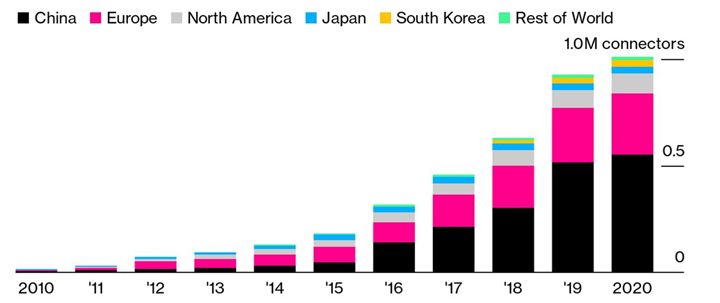
Figure 1. Accordingly to BloombergNEF, global charging infrastructure has doubled in the past 3 years, with 1 million charging points available in 2020.
Governments are key drivers in the move to electrify transportation across the globe. However, the road to vehicle electrification is not as simple as setting up charging points at carpark lots and wiring them up to the electrical mains.
In high-density city state Singapore and other major cities in the world, many future EV owners will not have the luxury of private car park lots for overnight charging. They will rely on public charging stations, so accessibility and fast charging are key factors that will sway car buyers wondering if it’s time to trade in their internal combustion engine for the electric powertrain.
Even as EV supply equipment (EVSE) and services pose exciting new business opportunities, EVSE vendors jumping on this bandwagon must juggle the challenges of wanting to be early to market, against requirements to meet evolving conformance standards. They also need to deal with the complexity of ensuring interoperability between different car models and charging stations (see Figure 2).
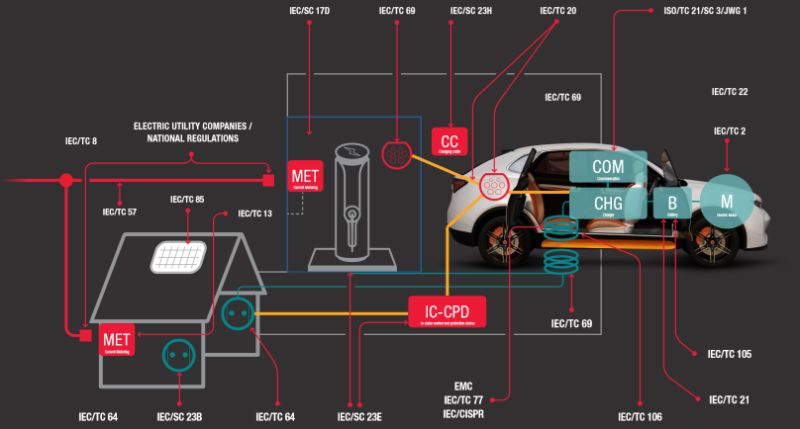
Figure 2. Various charging standards for EV charging interfaces.
Both EV and EVSE manufacturers must ensure fault-free communication between EV and EVSE to guarantee safe and reliable charging. This requires electromagnetic compatibility-compliant components, norm-compliant procedures, and compatible technologies. Other factors to consider include local mains supplies, regional climatic conditions, and compatibility with different EVs and EVSEs.
It is quite impossible for manufacturers to apply real physical tests across different EV models and charging stations. That is why many are turning to emulation technology, such as the Keysight Scienlab Charging Discovery System (CDS) to help them handle different use cases. Let’s look at three different example uses cases:
Example 1: EV Test
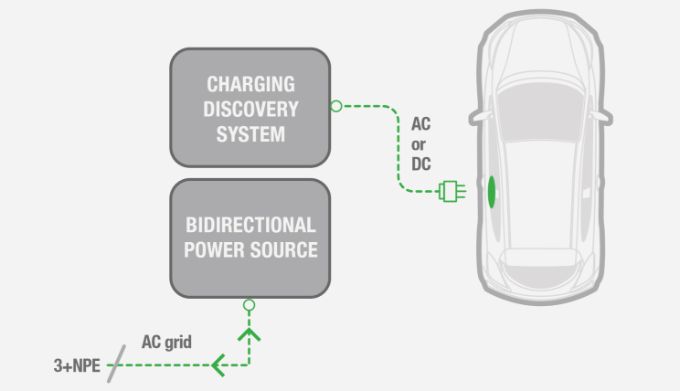
In this use case, the CDS serves as a universal but configurable charging infrastructure (e.g., DC charging column or AC wall box). Use it for functional testing of the charging interface of any electric vehicle, as well as for safety, interoperability, conformance, and durability testing.
Example 2: EVSE Test
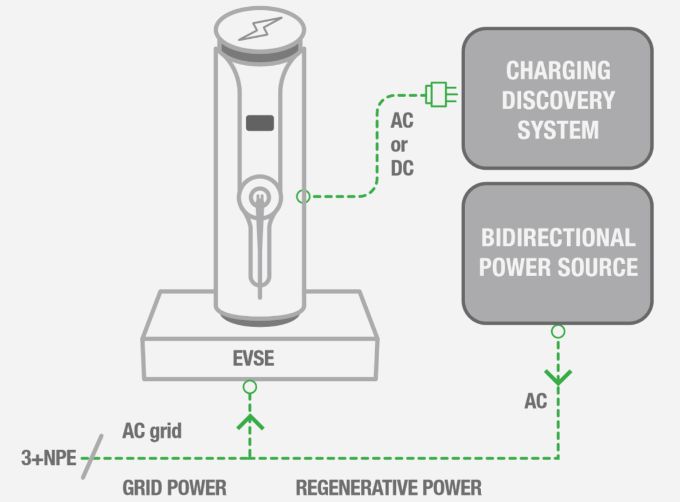
Here, the CDS is a universal but configurable charging interface emulator replacing a real electric vehicle. This allows for functional, safety, interoperability, conformance, and durability testing of any EVSE product.
Example 3: Man-in-the-Middle Test
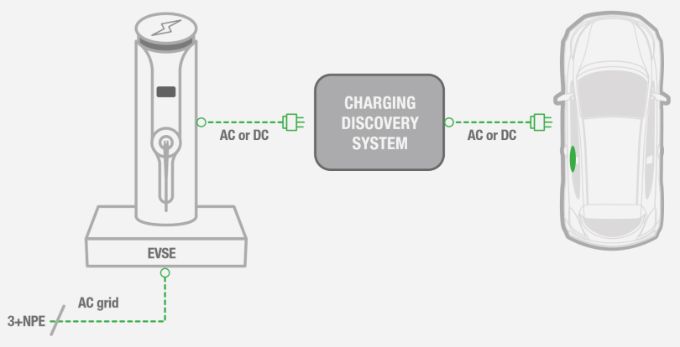
In this third use case, the CDS sits between two real devices to capture all electrical signals and digital communication between an EVSE and EV. This allows the user to identify and trace potential interoperability issues.
To quickly set up and manage the various test scenarios, the test engineers will need to rely on powerful software that can take the complexity out of test setups as they emulate the different senarios.
As power-hungry EVs require greater voltage, emulation solutions like the Scienlab Charging Discovery System (CDS) are also evolving. For instance, the latest SL1047A Scienlab CDS can enable testing of charging interfaces of EV and EVSE during high-power charging up to a whopping 1,500 V DC and ±600 A DC. Coupled with the S1093A Scienlab Charging Discover Test Software, test engineers can customize their test cases quickly to run different interoperability scenarios to ensure all the charing interfaces are working well.
Who Will Pay for My Damaged EV Battery?
While it is reassuring to know that EV and EVSE test technology is well in place, with this nascent market expanding so rapidly, the availability of conformance standards does not necessarily mean 100 per cent compliance by equipment vendors. With the electric car battery costing anywhere from 40 to 60 per cent of the overall vehicle cost, I want to make sure my insurance covers any potential damages should I plug in to a faulty EVSE that blows my onboard charger system. For some emerging EV markets like Singapore, owners may expect to pay higher premiums on EV insurance, as many traditional insurers are only catching up on costing the risks of EV battery damages and liabilities.
As I ponder the pros and cons of trading in my ICE for an EV, I know my heart’s already veering towards doing my little part towards reducing carbon emissions. I’ll be looking out for when the contractors start installing charging points at the public car park buildings in my precinct, before deciding on when to make the switch.
*The average sedan in Singapore costs 5 times more than its equivalent in the US.
KEYWORDS: NYSE:KEYS, Keysight, energy ecosystem, Automotive
![]()













